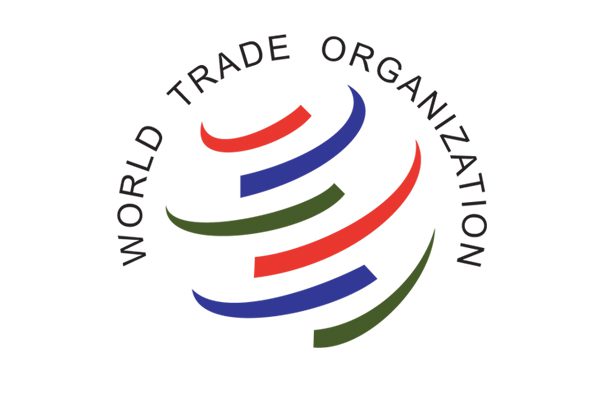Top MBA Recruiters: Siemens

As the largest industrial manufacturing company in Europe, Siemens has a reputation for developing quality products from power generation technology to building automation, medical technology, railway vehicles, fire alarms, and PLM software. The Munich-based company was founded 172 years ago in 1847 as a multinational conglomerate with offices all over the world. Which means working at Siemens post-MBA graduation is very attractive.
Continue reading…New MBA Jobs Emerge in Europe

As the business world expands, more and more opportunities have surfaced for MBA graduates to ply their craft abroad. Well-trained students can find opportunities in cosmopolitan locales such as Berlin, Paris, London, and Madrid, offering a change of pace for the adventurous. This week’s post is focused on opportunities available to MBA graduates.
Continue reading…Booth Professor Wins Award For Top Doctorate Paper

Jonathan Dingel, assistant professor of economics at the Booth School of Business, has received the 2014 World Trade Organization Essay Award for Young Economists.
Dingel won the award for “The Determinants of Quality Specialization,” a paper that examines why high-income locations tend to manufacture high-quality goods. In the paper, Dingel assessed two competing theories that could explain this pattern. What he found was that the composition of local consumers’ income levels plays as large a role as local manufacturing workers’ skills in determining manufacturing quality across U.S. cities.
“The evidence suggests that market access plays an important role in quality specialization. I’m absolutely delighted that the WTO has chosen to honor my work on this topic,” Dingel said.
To be considered for this honor, papers must focus on trade policy and international trade cooperation issues. In addition, authors must either be working toward a doctorate or no more than two years past having received a doctorate. Dingel’s paper was written while he was working on his Doctorate at Columbia University.
“This paper addresses a central question in trade theory in an extremely competent way and has potentially important trade policy implications,” The selection committee said.
“This paper is part of a broader research agenda in which co-authors and I are exploring what causes different kinds of people and different kinds of businesses to choose different locations. Those choices have consequences for trade, growth, and inequality,” Dingel said.
